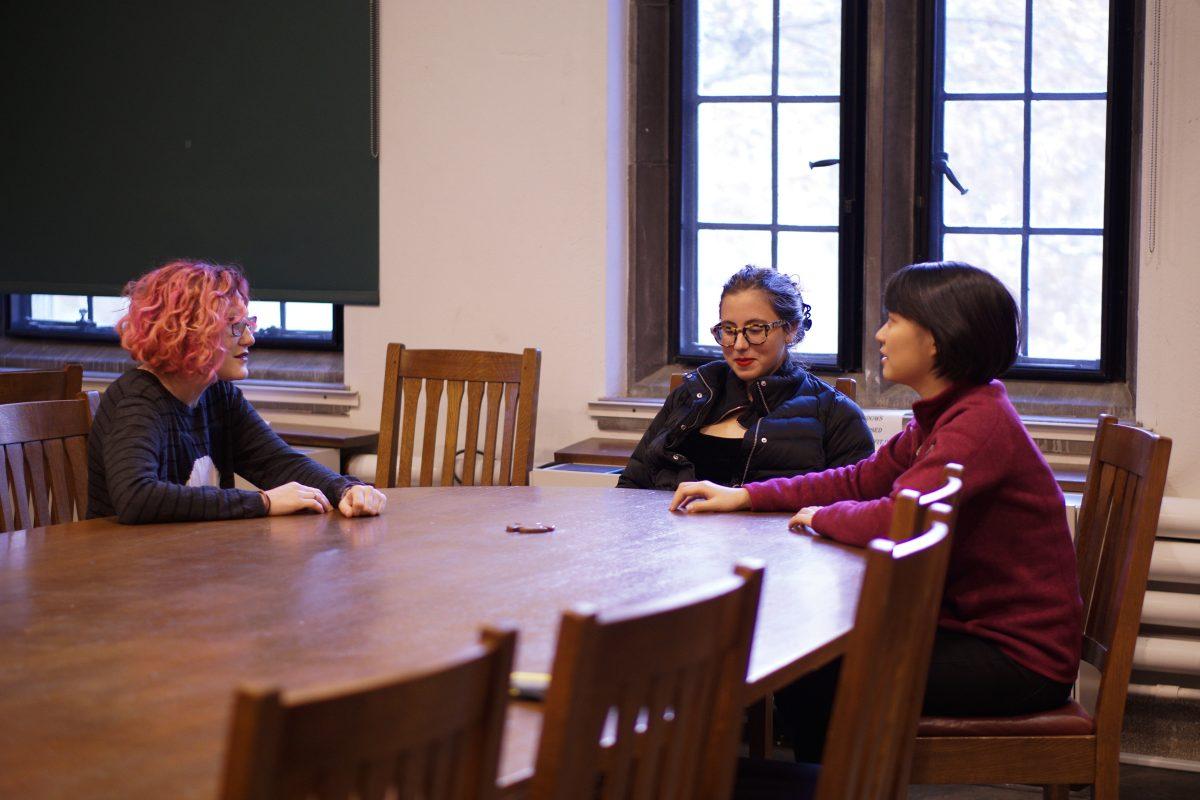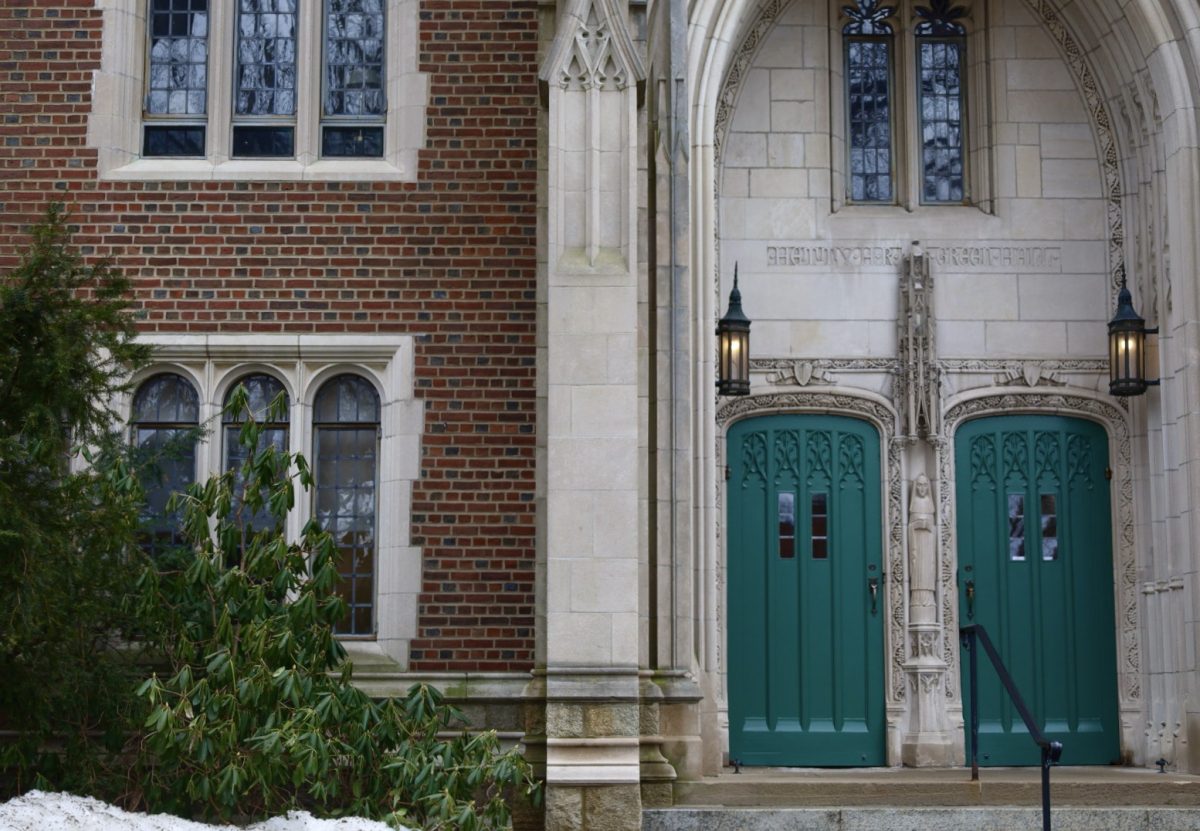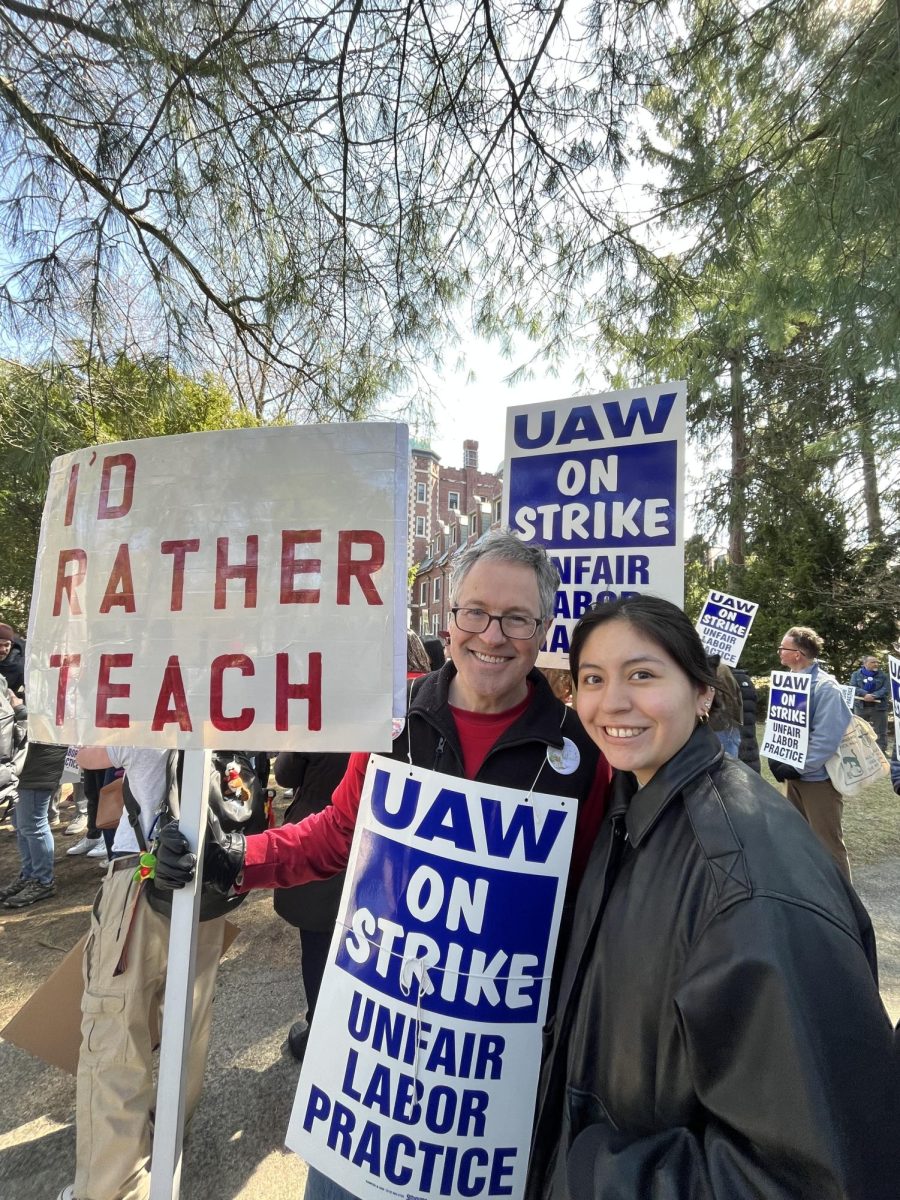Since the end of September, the Student Labor Action Project (SLAP) has been developing an initiative to guarantee fair wages for Supplemental Instruction leaders (SIs) and Academic Success Coaches (ASCs). On Nov. 12, a petition was sent to the College to gather signatures in support of student worker compensation. According to SLAP member Daniela Kreimerman ’19, the petition has garnered positive responses. It is addressed to Roberta Schotka, director of the Pforzheimer Learning and Teaching Center (PLTC). This initiative is part of a continuing movement by SLAP to ensure fair and guaranteed compensation for student workers.
Over 300 community members responded to the petition sent out by SLAP. Kreimerman stated that the responses came from “students who recognize that without all of the work that [ASCs and SIs] put into the community, [Wellesley would] be seeing a very different academic landscape.” Many students shared past experiences in which SIs and ASCs helped them navigate a difficult class or registration. Former ASCs and SIs also responded to the petition, and many explained that the lack of compensation forced them to quit.
According to the job description on the College website, ASCs, formerly known as Academic Peer Tudors (APTs), are students who “navigate [First Year students’] transition from high school to college and provide general information and support to upper class students in their residence halls.” ASCs encourage students to employ effective study and time management strategies and direct students to various resources, among other things. On the other hand, SIs are leaders in an academic support program designed to provide students with regular 90-minute study sessions throughout the semester. These instructors, who are also students who have successfully completed the course, attend all lectures and prepare two supplemental sessions per week.
A major part of the petition’s argument is that the College undervalues the work of SIs and ASCs. According to the petition, SI leaders can work between 10 and 13 hours per week and ASCs can work between 10 and 15 hours per month. Currently, these student leaders are being compensated with a stipend, not by an hourly wage as other workers are. But the per-hour-pay for these stipended positions is much less than the Massachusetts minimum wage of $11 per hour. According to the petition, hourly pay ranges from $6.59 to $8.57 per hour for SI leaders and $6.66 to $10 per hour for ASCs, although it is likely that these figures are even lower since SIs and ASCs have shared that they typically work above the projected hours. The petition posits that “the use of stipends allows the PLTC to skirt minimum wage laws.”
The recent proposal comes two years after student residential staff won compensation. However, this September, the administration came under fire for delayed payment of Residential Assistants (RAs) and House Presidents (HPs). The fallout from the delay extended beyond current Wellesley students, with a Facebook event and alumnae petition circulating on various Facebook communities. In this case, the petition was conducted over a Google form, a deliberate choice by SLAP to, according to Kreimerman, “reflect the inter-community nature of the initiative.”
The petition argues that underpaying students holding these positions forces students who cannot afford to work below the minimum wage to find jobs outside of Wellesley. The current situation “discourages low-income students from applying and staying in the positions, which makes the overall pool of student leaders less diverse,” according to the petition.
The low pay and high proposed hours also leads to a low retention rate. SLAP asserts that while the PLTC advertises that SIs put in nine to 10 hours of work per week, SIs, particularly those holding the position for the first time, spend up to 14 hours per week preparing and conducting their sessions.
SLAP is seeking $15 per hour for ASCs and SIs, including training time, meetings, preparation and orientation. The petition also seeks annual pay raise for both positions—$1 per semester for SI leaders and $2 per year for ASCs. Finally, SLAP has requested more transparency in the hiring process and a review of time commitment.
Kreimerman expects the initiative to extend at least into next semester. Though the conversation of ASC and SI compensation has spanned over the course of several semesters, the final timeline is dependent on administrative response. SLAP has yet to meet with Schotka, though a meeting has been scheduled. Schotka, as well as Dean of Students Sheilah Horton, was unavailable for comment.
Though the petition garnered largely positive responses, Hongyu Lin ’20, the ASC in Severance Hall, is not optimistic about the initiative because she is hesitant about administrative response. “Given that only in recent years have student workers been paid, I believe that the administration will be unwilling to change their policy to accommodate new requests,” she said.
Stipended work, like the labor of many student leaders and on-campus workers, has been criticized for not fairly compensating its staff. Sam Samoylenko ’19, a department tutor in the economics department and supporter of the petition, hopes that the initiative will go through, noting that the “compensation likely does not fairly reflect the amount of work they do.”






